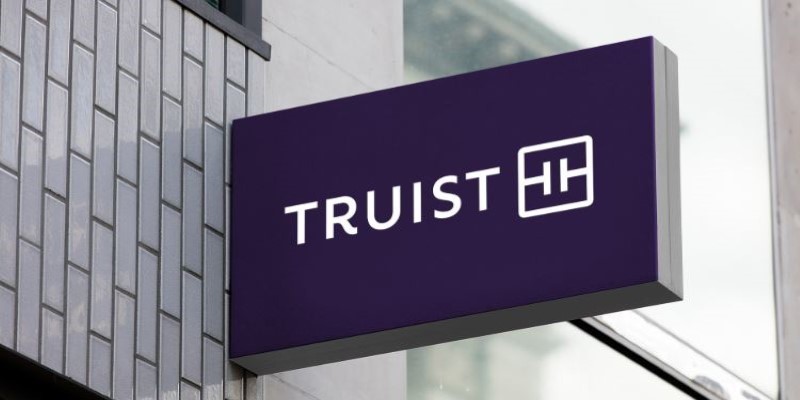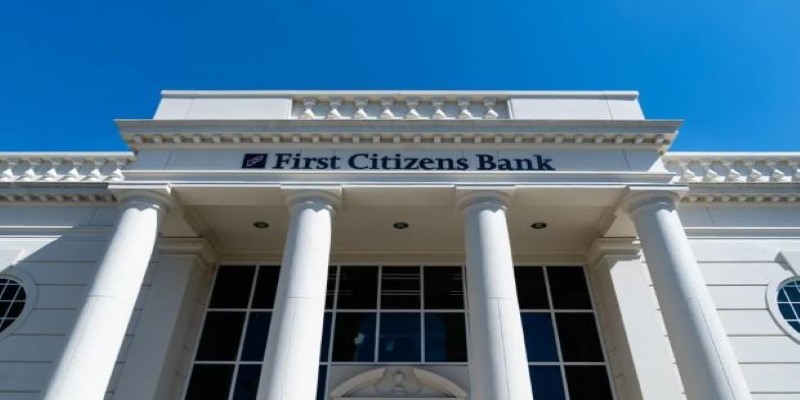Choosing the right bank shapes where your money stays and how comfortable you can manage your finances—from simple deposits to planning for the future. North Carolina offers a rich mix of banks suited to different needs: big national names, solid regional players, and smaller community banks.
In this article, you’ll find a thoughtful look at top banks in North Carolina, each described with clear insight into what makes them stand out. Whether you're after friendly service, convenience, or loan flexibility, there’s something here for you.
Top Banks in North Carolina
Bank of America
Bank of America has a heavy presence in North Carolina, combining deep financial reach with sleek digital tools. Residents benefit from numerous ATMs and branches, plus a user-friendly mobile app that makes banking on the go simple. They offer a range of checking and savings accounts, which are helpful for everyday needs, along with credit cards and investment services. Their mortgage division is strong, too, especially for first-time buyers. Bank of America remains a top option for those who value reliable national infrastructure and practical banking services.
Trust

Formed by merging two established banks, Truist delivers wide coverage across North Carolina. The bank brings a wide range of products together—from free student checking to competitive small business loans. Their mobile app includes tools like budgeting assistance and spending alerts that make financial management smoother. Truist's community focus also leads to initiatives supporting local businesses and neighborhoods. If you're seeking a balance between digital tools and a warm, local touch, Truist fits well.
Wells Fargo
Wells Fargo offers a strong presence and traditional banking pillars. North Carolinians appreciate the combination of branches, robust ATMs, and user-friendly online banking. Their checking and savings accounts come in flexible tiers, helping you pick what best fits your habits. Mortgage and personal loan options are solid, especially with a history of supporting first-time homebuyers. Though national in scope, Wells Fargo aims to stay grounded in regional customer needs, making it a dependable choice.
Fifth Third Bank
Fifth Third has roots in the Midwest and carved out a functional niche in Charlotte and North Carolina. Home to clean branch layouts and friendly staff, the bank holds appeal for people new to the area. Their checking accounts cater to students, young professionals, and families. Business banking tools are practical, and their mobile app includes user-friendly features like mobile check deposits and spending overviews. Fifth Third offers a useful balance for building your financial life.
PNC Bank
PNC stands out for a solid mix of in-person and digital banking. Their Virtual Wallet product couples checking and savings with a simple-at-a-glance dashboard to track spending. Numerous branches and ATMs across the state help with convenience. The bank also offers tailored lending options—from mortgages to auto loans—often with competitive rates. Their emphasis on budgeting tools supports customers working to maintain disciplined financial habits. PNC offers a steady, well-rounded option for most banking needs.
Regions Bank
Operating primarily in the eastern and central parts of North Carolina, Regions Bank brings strong community ties. Their regular checking and savings accounts are transparent and free of confusing fees. Lending services cover everything from home mortgages to small business loans. The bank makes online banking straightforward and offers Zelle integration for easy payments. Regions’ local involvement means their staff often understand unique regional needs better than national chains.
First Citizens Bank

First Citizens is a family-owned bank in Raleigh that combines small-town attention with a statewide presence. Its checking and savings accounts match local life—steam-free and neighborhood-friendly. Its asset management services and custom lending (including commercial real estate) make it perfect for growing families or businesses. Digital banking tools are solid, with mobile check deposit and budgeting assistance. For North Carolinians who want a bank that feels part of the fabric of the state, First Citizens stands out.
BB&T (now part of Truist)
Though BB&T merged to form Truist, its roots still show how it serves North Carolina. Known for strong customer service and rural coverage, their checking and savings accounts still draw loyal users. Lending options cover personal and agricultural needs, reflecting ties to small towns. Their app is updated and easy to use. If you're drawn to a bank that knows small-town life and delivers solid banking services, BB&T's legacy lives on through Trust.
Electricities Federal Credit Union (EFNCU)
As one of the state's largest credit unions, EFNCU is member-driven and offers credit union perks statewide. Members enjoy low-rate loans, free checking, and decent dividends on savings with fewer fees. Their customer service often feels more personalized compared to big banks. While their branch network is smaller, their online and mobile platforms are solid, and their feeling—of belonging—is simple. If you're eligible to join, EFNCU brings value without unnecessary costs.
S.C. State Federal Credit Union
Though based in South Carolina, this credit union serves North Carolinians in certain counties, combining strong member benefits with accessible service. They offer free checking, competitive savings rates, and loans for cars, homes, and credit cards. Their digital platforms include tools like automatic bill pay and online assessments, tailoring to growing financial needs. They focus on keeping banking straightforward—ideal if you're looking for credit union perks with clear service.
Conclusion
Settling on one of the Best Banks in North Carolina depends on your life stage, geographic location, and financial moves. Big national banks bring convenience and apps. Regional and community banks offer familiarity and personalized service. Credit unions often cut costs while offering solid services. Use this detailed guide to match your everyday banking with plans for the future. Take time to compare account details, visit branches or try apps, and decide which reflects your values—and most effectively handles your banking services.












